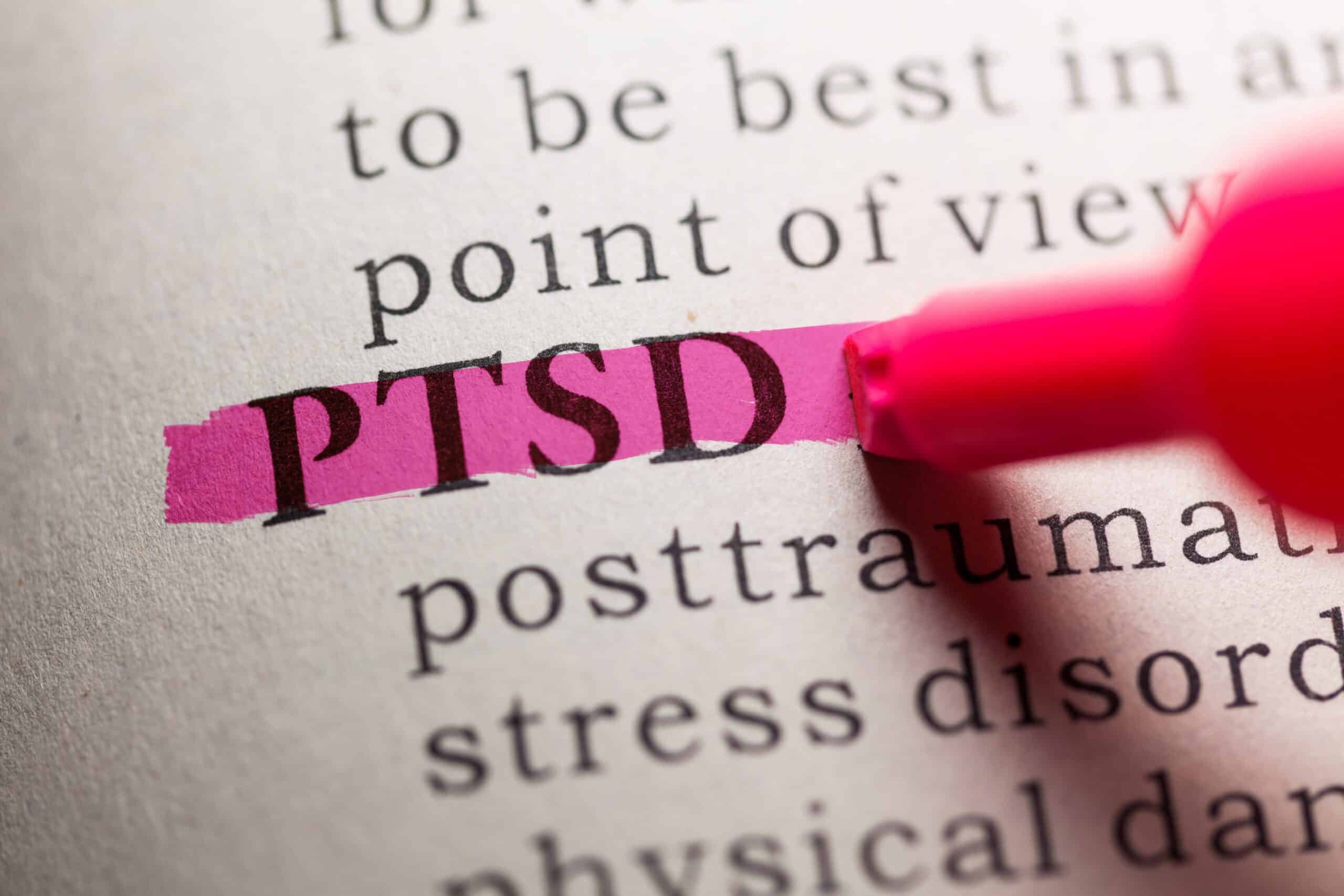So you binged… now what? Post-binge strategies
When living with an eating disorder or whilst in recovery from one, binge eating can be something that may happen at an impulse. Although binge eating is a normal part of recovery, it may throw us off our path, sometimes drastically.
This may cause your self-confidence and stamina to fall, even with the best of intentions and ‘willpower’.
There is nothing more frustrating than feeling further away from your recovery goals, which is why we bring you this article: top tips to help you stay on track after a binge-eating episode. Read on for more!
ONE: Practice self-compassion and start afresh
The urge to binge might be a signal that you are feeling physically or emotionally hungry, lonely, bored, or it may be a signal that you are seeking comfort, soothing, connection and stimulation. These ‘symptoms’ point to how you are really feeling and this feedback from the body can be acknowledged in a compassionate way.
It can be incredibly valuable to remind ourselves that every day is a new start and not to pressure ourselves if things don’t go to ‘plan’ early on in our day – feeling like we have already failed after a minor slip-up. The symptoms of binge eating are often coded with deep meaning, and if we can meet ourselves with curiosity and compassion, we can begin the journey back home to our true self.
However, it’s important not to beat ourselves up when we face obstacles in recovery. The post-binge period can bring about challenging and destructive feelings – of shame, guilt, failure, and hopelessness. We may feel anger within ourselves, as though we can’t get anything right – a perfectly human response that many of us can probably relate to.
Instead of this fixed mindset, how can we meet ourselves with tenderness, kindness, and compassion? Binge eating happens and that’s ok.
Holding and committing to the unconditional effort to try, and try again, and show up for your mind and body daily is what holds the most value on your recovery journey.
TWO: Enjoy some gentle movement or dedicate time to a hobby or interest
Whilst we may feel guilty for bingeing and want to combat any excess food consumed through exercise, it may be more beneficial and sustainable to go on a mindful walk, join a yoga session, get out in nature, or explore any gentle movement that feels good for your body.
This way, we can feel the benefits of movement without overdoing it or falling into the cycle of ‘compensating’ for our food intake. Remember – you do not need to earn your food!
Allowing yourself the unconditional permission to eat without harbouring feelings of guilt, alongside incorporating some modest activity into your day, will enable you to occupy your day with other activities and hobbies, and ultimately coming back home to your body.
THREE: Assess, experiment, and shift your focus towards mindful eating
Think about what might have caused your recent binge episode. Can you dare to look below the surface to identify any potential triggers or factors that led to the binge? Were you hungry or restricting yourself beforehand? Did you experience a negative encounter or event in your day? Were you feeling bored, lonely, or unpleasant?
Then, consider how hunger manifests in your body – in the stomach, in the mind, in the mouth, or anywhere else. This can be quite individual – really take the time to become mindful of these signals to increase your interoceptive awareness.
Habits begin with consistency, so do whatever you can to make it easier for you to feel more comfortable and in control around food. Do you need to eat more throughout the day? Plan in snacks between meals? Create a pleasant and calm eating environment? Again, this varies between individuals and so putting in the time you need to assess what that might look like is recommended.
FOUR: Ask for help when you feel you need it
One of the bravest things we can do in times of living with an eating disorder is to reach out to the people closest to us, be vulnerable and let them know we are struggling.
Whether this is through friends, family, support groups or even a healthcare professional, it’s important to speak up when intrusive thoughts about food and your body creep in.
A meal out with a close companion may be a great way to reset – a wholesome catch up with food in a public setting can prevent a further binge – as they most often occur in isolation. Read more in our article on how to confidently eat in restaurants for more tips with this.
Wherever you are on your journey, remember that you inherently possess the wisdom and knowledge to recover from your eating disorder, for good. Before you continue on with your day, we want you to take a moment now to reflect on your progress so far. Baby steps still move forward.
Our evidence-based programmes and compassionate team of dietitians here at EHL will be able to help you on your recovery journey back to your true Self. Get in touch with us here to book your free discovery call to see how we could best work together.
Priya Chotai, BSc, ANutr
EHL Team x














